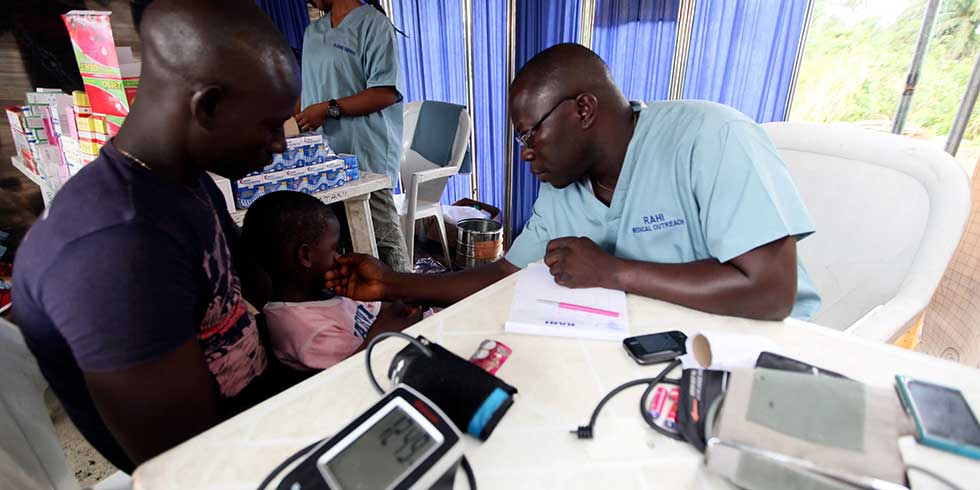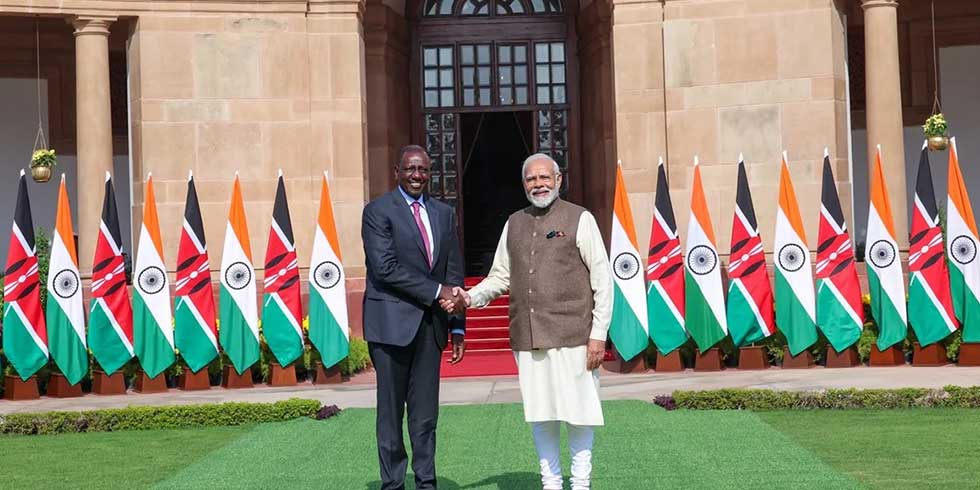Germany-based cardio and endovascular technology company Biotronik on Friday introduced in India its latest home monitoring technology for patients with implanted cardiac devices such as pacemakers, implantable defibrillators (ICDs) and heart failure devices.
Biotronik Home Monitoring is an internet-based remote monitoring technology that enables physicians to continuously and reliably monitor their patients’ clinical and device status anytime, anywhere, and minimize risk of any negative medical event, according to a statement.
The latest device in the Biotronik Home Monitoring programme, the CardioMessenger Smart is about the size of a smartphone and is highly robust, more convenient and remarkably portable as compared to previous versions of the device, the statement said.
Having the pacemaker wearers constantly connected to their physician, this home monitoring technology enhances safety for cardiac device patients. The device provides fully automatic transmission of vital information from a patient’s cardiac implant to their physician via Biotronik Home Monitoring.
Data are transmitted from the patient’s implant to the CardioMessenger’s transmitter device which uses T-Mobile and its partners’ networks (GPRS) to send data to the Biotronik Service Centre from where the data is sent to the physician.
Physicians can define the events they wish to be notified with via email, SMS or fax and view the events in order of importance. Regular data recording allows significant trend analysis, help physicians understand each patient’s condition and adjust their treatments accordingly. The process also allows better scheduling of follow-up appointments, which may be skipped if not needed.
“Home Monitoring has helped doctors world over to keep a very close look at their patients’ implanted devices and their cardiac activity. It has helped reduced mortality, episodes of hospitalizations and inappropriate shocks and helped improve the quality of life of patients immensely. It helps use of the full potential of the device that preserves battery life. It has also helped reduce routine clinic follow up, which can be a burden to patients and extra workload for physicians,” said Dr Niraj Varma, electrophysiologist at Cleveland Clinic, Ohio, US.
“Another advantage of constant remote monitoring is that we as physicians get a closer look at trends in different patients. Some patients might have a more stable heart activity with a cardiac device; others may have more frequent discrepancies and episodes of arrhythmia. By regular monitoring data over a period of time, we can understand each patient and tailor our treatment and advice according to their needs and optimise device function. It also helps better our medical understanding and gives vital data for research,” said Dr Viveka Kumar, senior consultant interventional cardiologist and director of the Cath Lab at Max Hospital, New Delhi
“Regular monitoring of patients wearing pacemakers and other devices has traditionally been a cumbersome task since patients are required to visit clinics at regular intervals. In a country like India, where a patient from Bihar might have had a device implanted in Delhi, follow up visits can be very difficult. Sometimes, a medical event in between the visits could go unnoticed and be life threatening to the patient. Home Monitoring has made it easy, enhanced safety and also reduced cost,” added Dr Kumar.
Tushar Basu, managing director, Biotronik India, said, “At Biotronik, we believe that digital technology can be effectively used to benefit a large number of patients. Biotronik Home Monitoring systems are leveraging this technology not only to improve healthcare delivery but also radically improve the quality of life of our patients.”
Biotronik introduces its home monitoring device CardioMessenger Smart in India








Add Comment